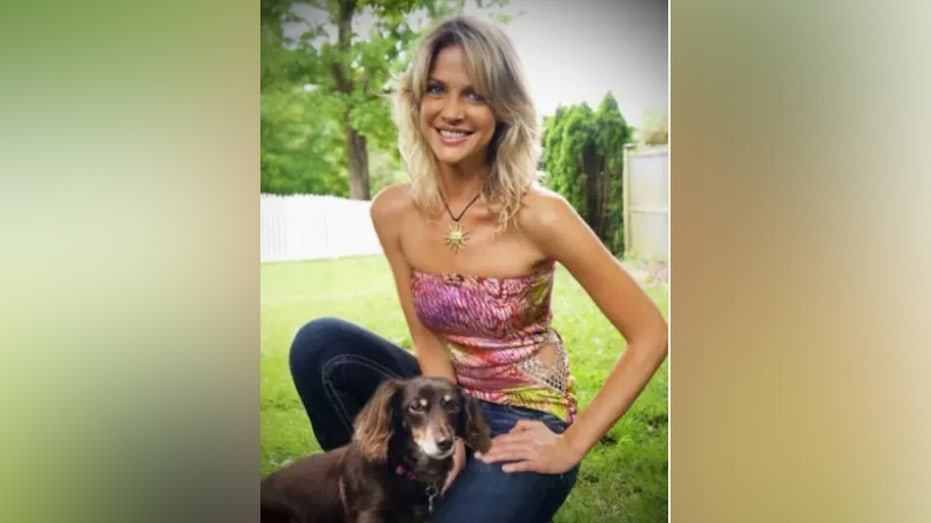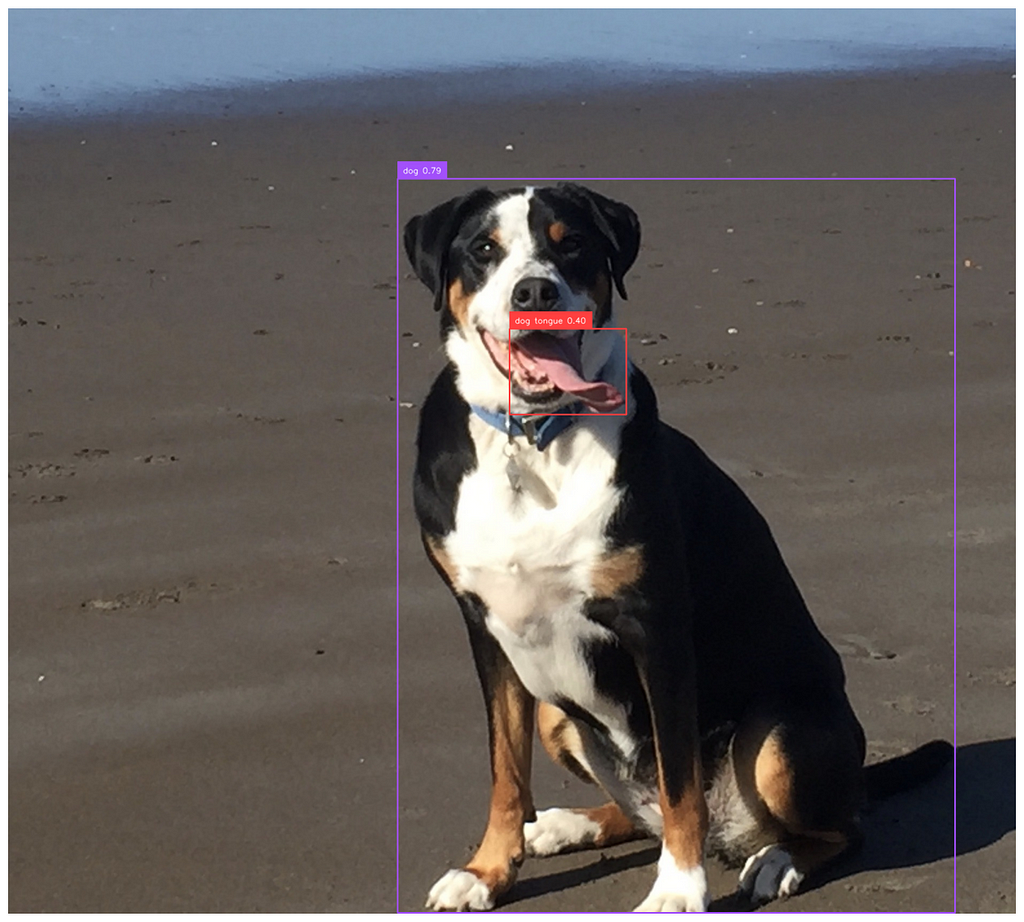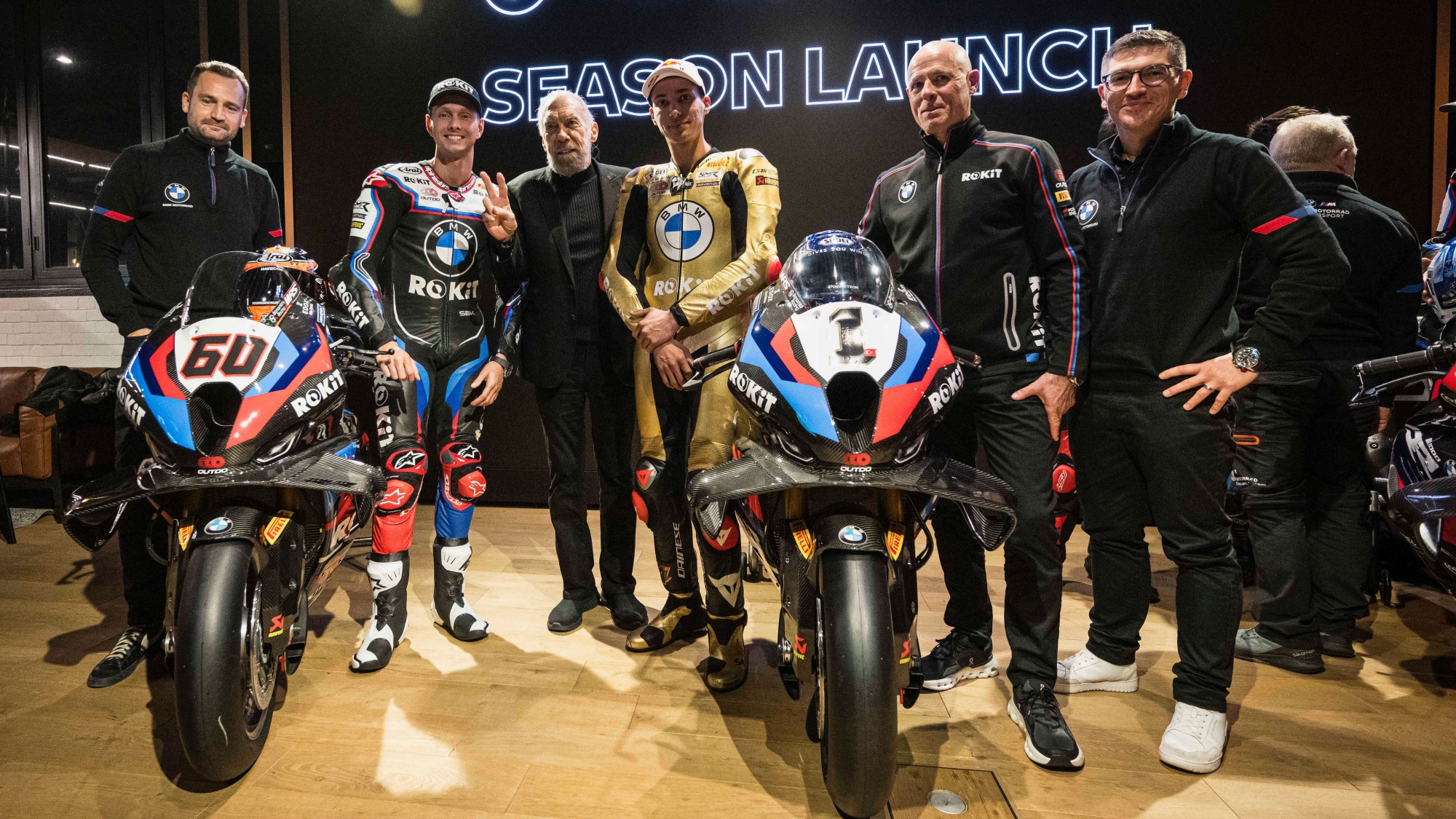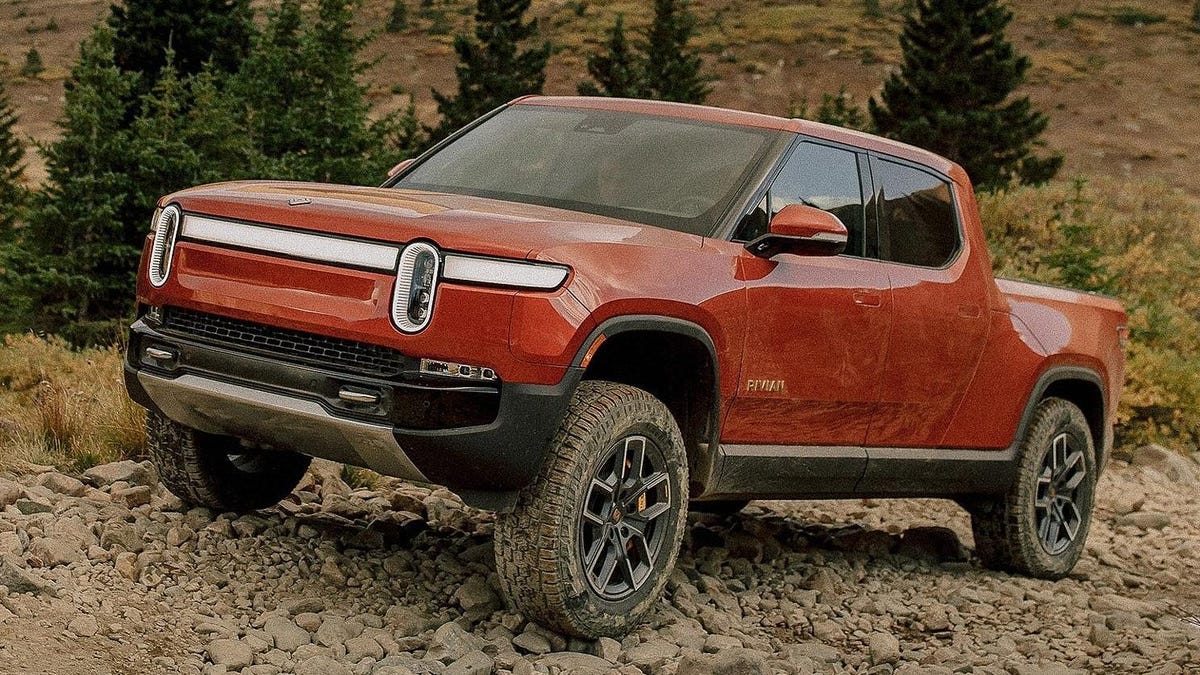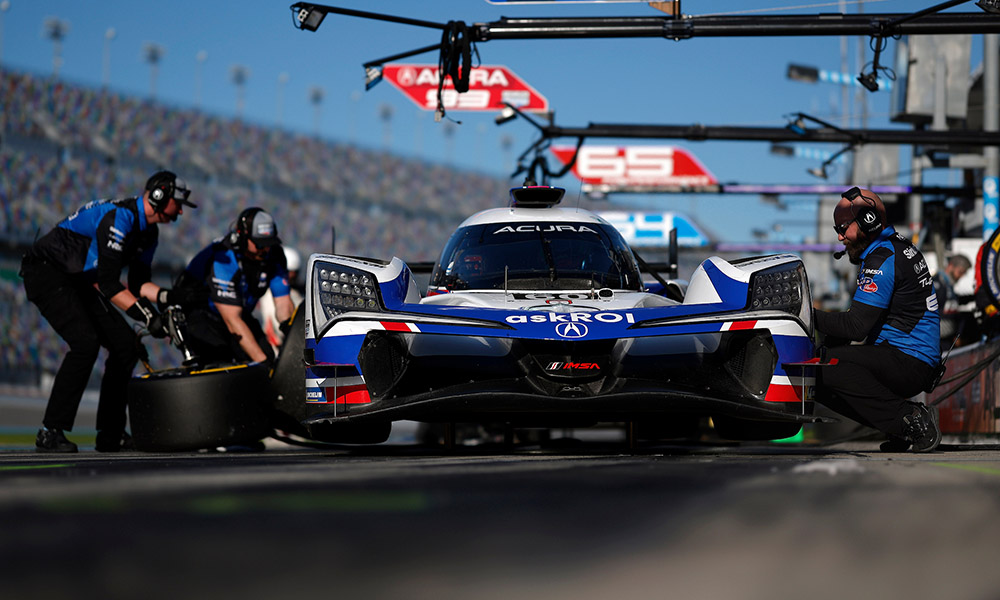Pour One Out for Canoo, the EV Startup That Dared to Be Different
Canoo's utilitarian-yet-cool EVs looked like no other. The startup has filed for Chapter 7 bankruptcy and ceased operations immediately. The post Pour One Out for Canoo, the EV Startup That Dared to Be Different appeared first on The Drive.
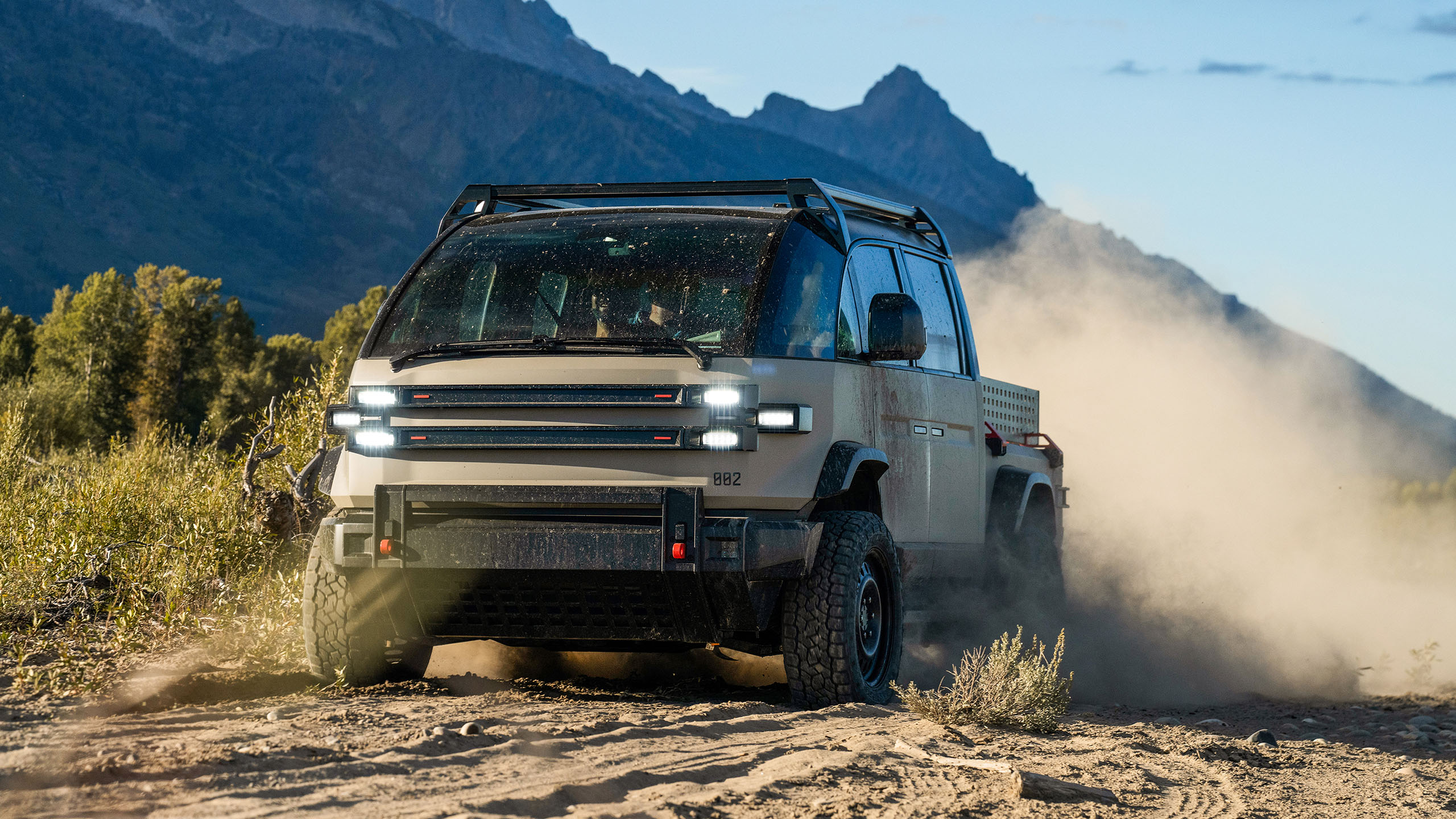
Canoo, it seems, can’t. The upstart electric vehicle maker that focused on commercial and fleet clients, including NASA, has filed for Chapter 7 bankruptcy and ceased operations.
In a press release posted Friday night, Canoo stated that after attempts to secure additional financial support failed, the U.S.-based “high-tech advanced mobility and energy company” was left with no other options.
“Canoo has unfortunately been unable to secure financial support from the U.S. Department of Energy’s (“DOE”) Loan Program Office,” said the statement. “Recently, the company’s executives were in discussions with foreign sources of capital. In light of the fact that these efforts were unsuccessful, the Board has made the difficult decision to file for insolvency.”
The fall of Canoo was a slow process that picked up a furious pace in 2024. According to TechCrunch, a string of top-level executives departures was followed by the company’s Oklahoma factory being idled and its remaining 82 employees being furloughed. The bankruptcy filing was made with the U.S. Bankruptcy Court for Delaware. Differing from the Chapter 11 bankruptcies of Fisker and Lordstown Motors, Canoo’s Chapter 7 filing means its operations shut down immediately, with assets to be liquidated via a court-appointed trustee.
“We would like to thank the company’s employees for their dedication and hard work,” said Tony Aquila, Canoo Chairman and CEO. “We know that you believed in our company as we did. We are truly disappointed that things turned out as they did.”




As with many nightmares, Canoo’s story started as a dream with sky’s-the-limit hope. The company, initially named EVelozcity, was founded in 2017 by two former Faraday Future executives, Stefan Krause and Ulrich Kranz. The plan was to develop electric vehicles with a “skateboard” platform that could accommodate multiple sizes and body styles, giving the new company flexibility in manufacturing. Shared, modular EV architectures are nothing new, but Canoo’s plan to use a single, common platform throughout its entire lineup was novel, especially back then.
From this concept, the Canoo Multi-Purpose Delivery Vehicle (MPDV) was unveiled with an impressive array of configurations. Sure, it was a commercial van at its core, but the Canoo MPDV looked cool as hell. Additionally, its range was as flexible as its design. With different battery packs matched to different-sized vehicles, fully charged mileage ranged from 170 to 300 miles. Canoo also announced a 600-horsepower pickup truck, about Ford F-150-like in size but featuring cab-forward proportions and an extendable bed.
Canoo’s subscription-only retail strategy for “lifestyle” vehicles was also unique. Referring to its vehicles as “lofts on wheels,” the company’s first vehicle design was boxy but bubbly, quirky but utilitarian. Its minibus was pegged at $35,000 before tax incentives. Canoo was turning out to be quite unique among EV startups, with intriguing ideas behind it. The startup went public before selling anything, and big-name partners such as the U.S. Postal Service, NASA, and Walmart lined up.
Although Canoo began with a clear vision, management changes appeared to set its future off course. The company changed its demographic target from consumer to commercial, manufacturing plans kept shifting between keeping things in-house or outsourcing, and its headquarters were relocated several times over a short span. For example, Canoo started in California, moved to Oklahoma, bounced to Texas, but also flirted with a relo to Arkansas. Mismanagement on the part of Aquila has been strongly suggested, but the entrepreneur was also Canoo’s largest investor.
Currently, Canoo’s public-facing website has switched to an investors page with media- and vehicle-related information either wiped out or inaccessible. Those who made deposits on a vehicle are said to have received or will be receiving refunds.
Got a tip? Send us a note: tips@thedrive.com
The post Pour One Out for Canoo, the EV Startup That Dared to Be Different appeared first on The Drive.
